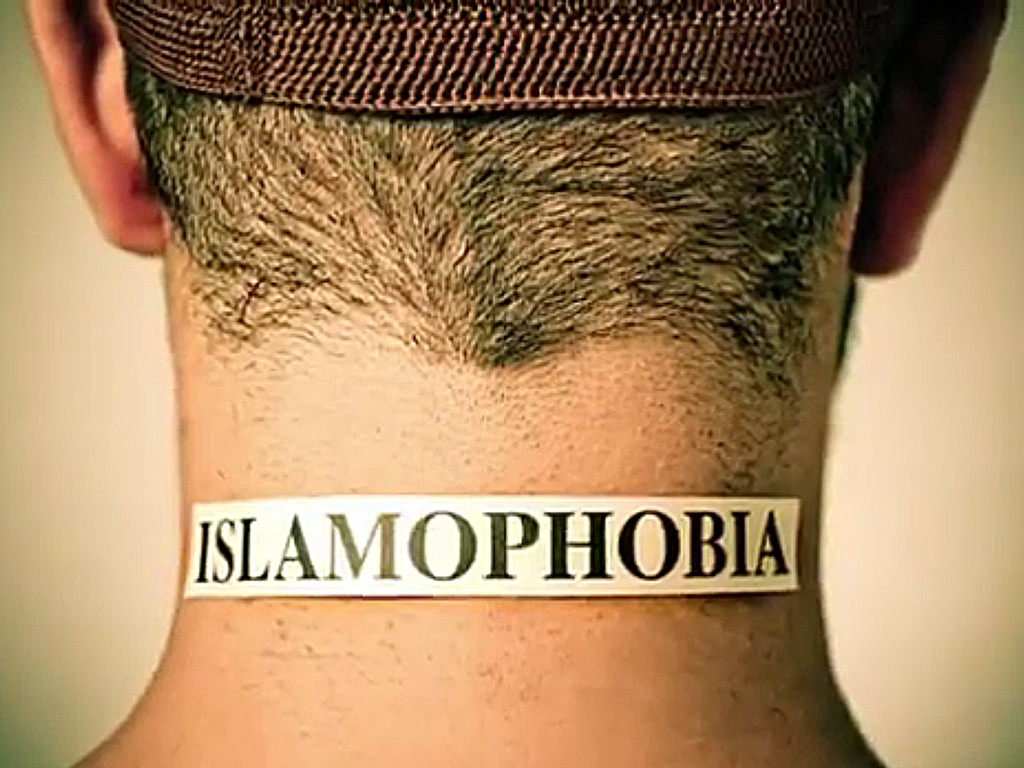
On October 10 and 11, a national protest called the “Global Rally for Humanity” was to be held in at least 20 cities across the U.S. for the “humanity [that] is [being] attacked daily by radical Islam.” Massively planned on Facebook’s public event pages, the rally sought to carry out its intent via protesting in front of Islamic places of worship, with some pages stating that protesters are “welcomed to carry” any concealed firearms. Thankfully, no deaths or injuries have been reported from this protest. However, that does not mean it should be dismissed. Though the closest planned protest was in San Francisco, UCR students should take into consideration the larger problems that the Global Rally for Humanity illustrates, such as racism and hate speech on social media.
There’s no argument that can be made to justify the Global Rally for Humanity, especially on the rally’s vocalization for violence. Though freedom of speech is a valued right that should be upheld, such heavy overtones of violent intent by welcoming protesters to wield weapons, construes the whole rally as a “clear and present danger” to those of the Islamic faith. Violence such as this should never be justified in protests.
Beyond posing as a physical threat, the rally perpetuates the negative perspectives against practitioners of Islam, like Muslim-Americans or Muslims. The rhetoric posted on the rally’s facebook pages — ”stand up against evil Islam,” “Islam…which is not a religion of peace,” “Islam expressly calls for the death of anyone who opposes Islam” — only adds fuel to the fire of negative perceptions on the religion and dehumanizes the many people practicing Islam, which is an unacceptable reality that should not be prevalent in one of the most diverse nations in the world. Even at our acclaimed diverse university, students from the Middle Eastern Student Center have reported on how inaccurate views of Middle Easterners had been a reason for the necessity of such a center. Amal Ali stated that “there are a lot of misconceptions, a lot of kinds of hesitancies … over Middle Eastern people,” which Lamees Alkhamis explained is because “people don’t really know who Middle Eastern people are.” In a diverse community, all members should feel comfortable without fear of discrimination. Though the Middle Eastern Student Center is inclusive of not just those who practice Islam, these students’ sentiments express how important representation of minority groups is, which the Global Rally for Humanity has wrecked and stomped upon with its rhetoric.
The rally became even more problematic with the attention paid to it on social media and news outlets, allowing for its mission against Islam to reach wider audiences. Though counter-protests grew out of support and solidarity against the Global Rally for Humanity, such protests have not been given equal media representation — yet this should not discourage anyone from standing up for their beliefs. Just as how the organization behind the rally was able to utilize Facebook, students must remember that social media can be a platform for their voices to be heard — that they do not need to be a passive passerby in these situations. We can bring attention to such violence by either stating our opinion or bringing to light information to educate others (such as the true basis of the Islamic faith).
Some may say that paying such critical attention to social media is superfluous, that surely not everyone will do what they say. Yet, what about Elliot Rodger’s online proclamations for wanting to hurt others prior to the Isla Vista murders? What about Christopher Harper Mercer, who wrote admiring statements of the Roanoke shooter Vester Flanagan, such as “the more people you kill, the more you’re in the limelight,” prior to the recent shooting at Umpqua Community College in Oregon? What if the poster of the Yik Yak hoax from last year made sure to carry out the “UCR shooting spree coming! Mark my words, you cattle?”
Social media may be the place where numerous x cat videos are frequent and the memes flourish to dangerous populations, but it can be a place where real intended violence is voiced and carried out. So, please don’t throw caution to the wind all the time on social media if you encounter such statements. Speak, educate and report.








